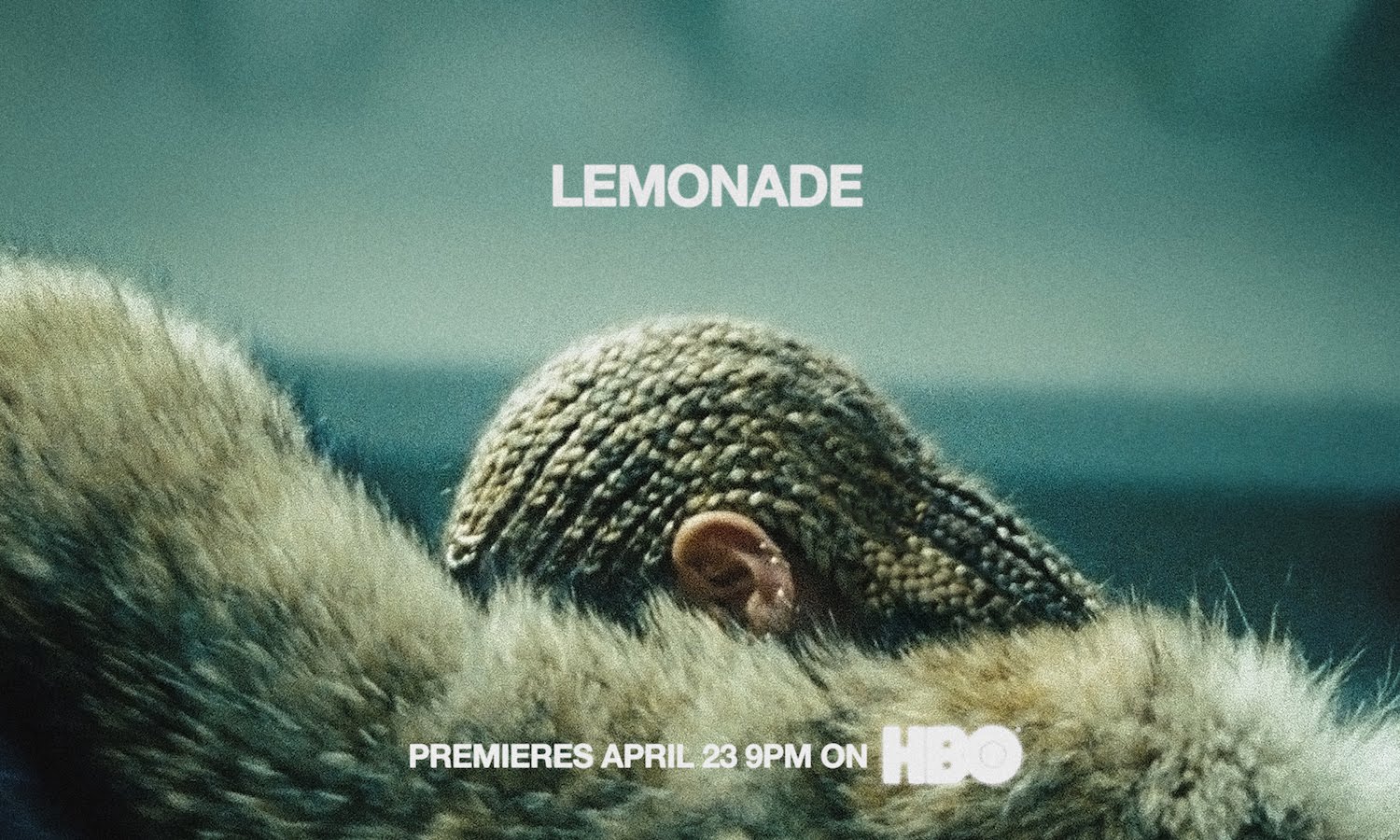By Eden van der Moere
Last weekend, Beyoncé once again shocked the world when she released her sixth studio album, titled Lemonade. The so-called visual album premiered, without any warning or announcement, on HBO and immediately all eyes were turned to one of the most famous, but at the same time one of the most guarded, musical artists in the world: Beyoncé.
Lemonade immediately became the topic of tabloids and entertainment websites, because of the themes and accompanying lyrics on the album: marital problems, cheating, self-acceptance, love and confidence. The lyrics seem to suggest that Jay-Z, Beyonce’s husband of 8 years, cheated on her several times, including You can taste the dishonesty, it’s all over your mouth on the opening track of the album “Pray You Catch Me”. In the last couple of days since Lemonade‘s release, speculations have targeted not only Jay-Z, but also Beyoncé’s father Mathew Knowles, who divorced her mother after he cheated several times.
But rumors and speculations aside, Lemonade is a personal triumph for Beyoncé. Both the film accompanying the album, as well as the tracks themselves tell a clear narrative. In the first couple of tracks, including “Hold Up” and “Don’t Hurt Yourself”, Beyoncé sings about a wronged woman, waiting for her man to come back, promising him no one can love him like she does. The first is a reggae-rhythmed track, with a melody played by a harp and a clear focus on Beyoncé’s vocals, which are more subtle and reserved than the later tracks. The latter however, is a rather surprising collaboration with Jack White and thus has a more rock tendency, with shrieking guitars, a typical Jack White over-drive on the vocals and a dramatic, yet atmospheric choir. On this track, Beyoncé describes no longer a woman scorned, but a woman coming to terms with what happened and fighting back.
And that’s the Beyoncé we know and love, and the one we hear on “6 Inch” – sexy, confident, mysterious and self-made. On this clever, more pop and R&B styled, collaboration with The Weeknd, she serenades both femininity and feminism, what is means to be sexy and free, whilst remaining independent and strong. This is the image we all have of Beyoncé, but on Lemonade – for the first time ever – the artists shows us a different side to the story, the woman waiting for her husband coming home, the woman working 7 days a week, the woman hiding behind the image, the icon, that we know as Beyoncé.
On “Daddy Lessons”, Beyoncé touches upon the complicated relationship with her father and her Southern roots, in a less successful country track. Lemonade is a showcase of different styles and genres, from R&B to rock and from country to pop. Although Beyoncé’s ventures to less familiar genres are not always that successful, it’s still a remarkable and impressive decision to show different sides, to be vulnerable and creative.
The narrative continues towards self-acceptance, on the track “Forward”, on which Beyoncé collaborated with James Blake. It’s an interesting track, containing only piano tunes and lyrics sang in unison. But it leads to the next track, a collaboration with Kendrick Lamar titled “Freedom”, where the woman in Lemonade‘s narrative finally emerges from the shadows, putting behind the marital problems, the rumors and the speculations. And on the final track of the album, the previously released “Formation” we’re back to the Beyoncé we know, exceeding gender and race discrimination, bringing together women in the world and, in the context of Lemonade, bringing together the many women that are Beyoncé.
Beyoncé’s last album is an ambitious project, with a set of strong collaborations, and an incredibly personal and inspirational narrative. With Lemonade, Beyoncé proves once more she is one of the most, if not the most, influential artists in the world.
Eden van der Moere, Class of 2017, is a Literature & Linguistics major from Goes, The Netherlands.

